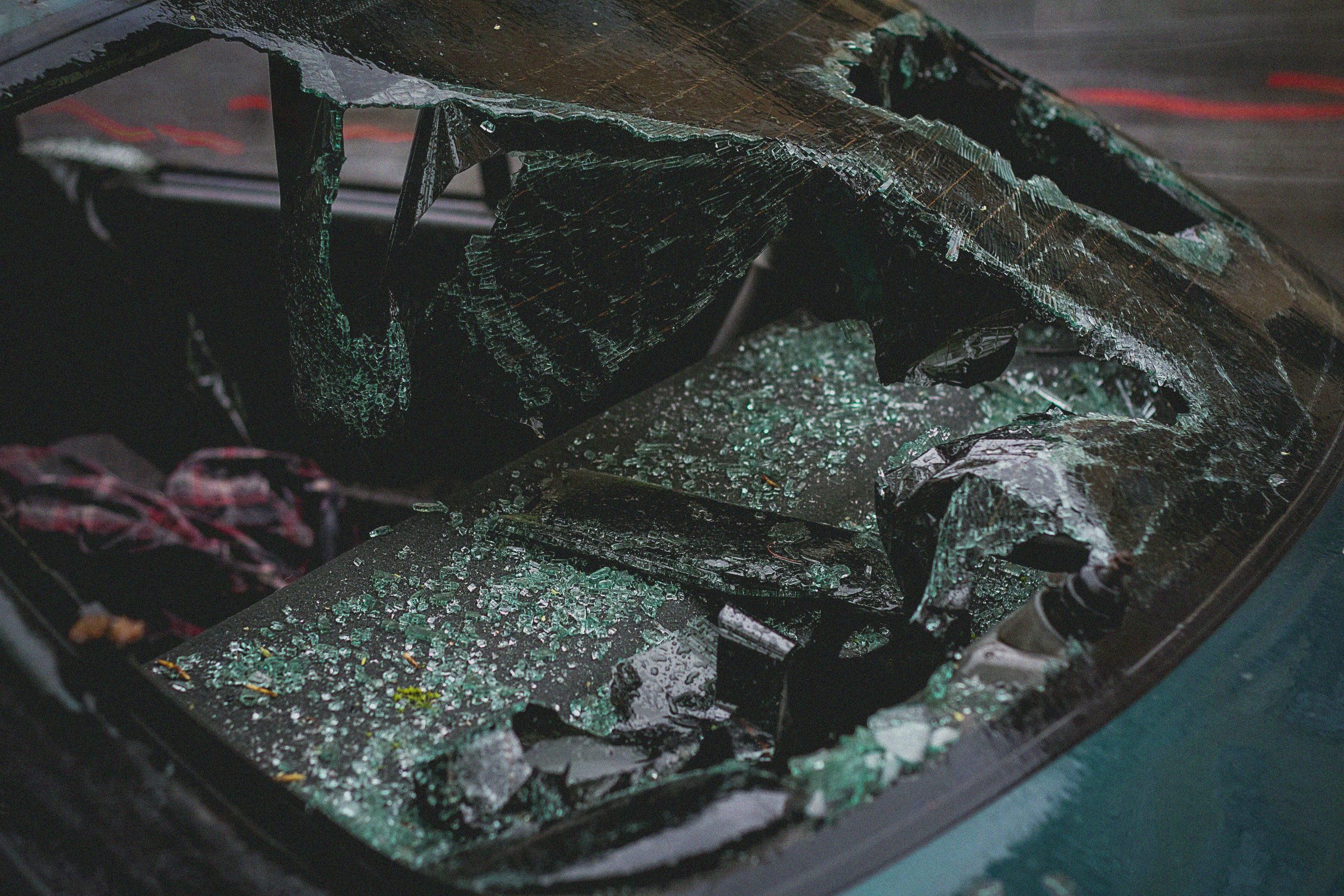Understanding Financial Responsibilities After an Uninsured Vehicle Collision
Dealing with vehicle accidents involves numerous legal and financial considerations, especially when the at-fault party lacks insurance coverage. One common question that arises is: If an individual damages your car and does not carry insurance, are they personally liable for the full extent of the damages? And what happens if they choose to ignore their financial obligations?
The Reality of Uninsured Motorist Damage
When someone causes an accident and is uninsured, they are legally responsible for compensating the affected parties for damages incurred. However, the practical enforcement of this responsibility can vary significantly. Typically, if the at-fault driver refuses or is unable to pay, the injured party may face challenges in collecting the owed amount.
Personal Liability and Payment Obligations
In many cases, the uninsured driver is personally liable for the damages, meaning the amount they owe is what remains unpaid out of their own pocket. This liability can be substantial, especially in cases involving severe property damage or injuries. If the individual is financially capable, they might be required to settle the bill directly.
Consequences of Non-Payment
What happens if the at-fault party opts to ignore their financial responsibilities? Non-payment can lead to various legal consequences, including court judgments, wage garnishments, or even liens against their property. However, enforcement depends heavily on the individual’s financial situation and the available legal avenues.
A Personal Experience with Severe Damage
For instance, I recently encountered a distressing situation where someone intentionally collided with my vehicle and two others, all while uninsured. The damages exceeded $100,000, and it appears this individual has a history of similar conduct. This raises critical questions: Is such a hefty bill simply a debt they carry until paid off? Or could it result in long-term financial repercussions?
In conclusion, when dealing with uninsured drivers who cause significant damage, the owed amount is typically a personal liability. Yet, the ability to collect and enforce payment can be complex, particularly if the at-fault party chooses to ignore their obligations. It underscores the importance of comprehensive insurance coverage to protect yourself from potential financial hardship in such scenarios.



